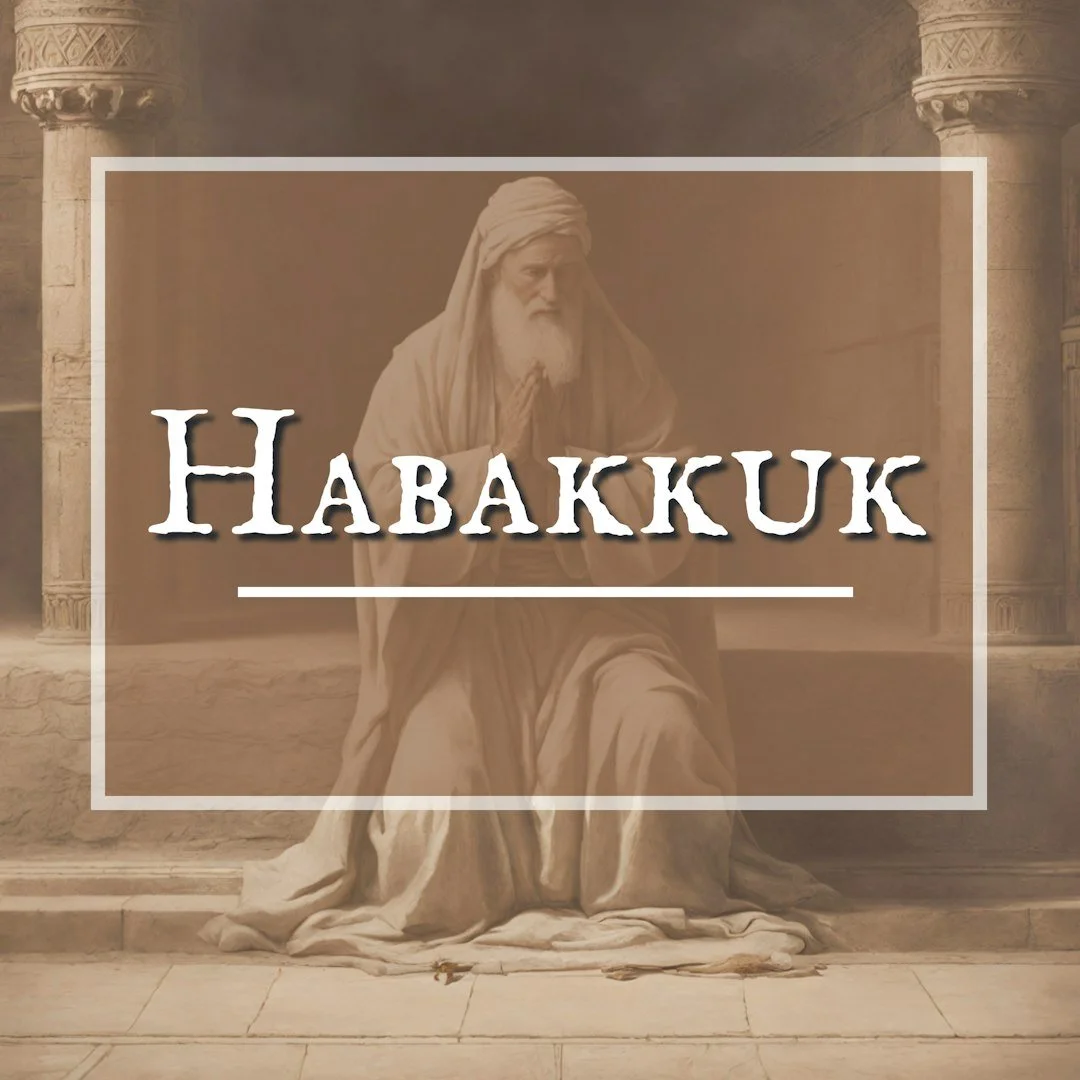Book Review: "Green Leaf in Drought-Time" by Isobel Kuhn
/Green Leaf in Drought-Time by Isobel Kuhn is the story of the escape of the last C. I. M. missionaries (China Inland Mission) from Communist China in 1953. Jeremiah 17:8 is the theme verse for the book and pictures the Lord’s gracious work in the Mathews family during their 2 ½ years of waiting and want. God says through Jeremiah, “For he will be like a tree planted by the water, that extends its roots by a stream and will not fear when the heat comes; but its leaves will be green, and it will not be anxious in a year of drought nor cease to yield fruit.” God reserved a special spot in His School of Faith for Arthur and Wilda Mathews and their little daughter, Lilah and we are invited to observe their lessons.
Green Leaf in Drought-Time is a missionary biography. And yet it is more. This little treasure of a book doesn’t merely recount the details of their sorrows and trials, their suffering and privation; it has a higher goal in mind. The Mathews and the book’s author, Isobel Kuhn, desired that God be put on display in the telling of their story. And so, the book reveals how God met with His afflicted children, ministered to their souls, and kept them safely under the shadow of His wing (Psalm 17:8; 36:7; 57:1; 63:7). Though they suffered from starvation, isolation, persecution, their spirits never shriveled from the hardships. They fulfilled the purpose God intended for them during those long and lonely days, and that was to manifest God’s sustaining grace in dire circumstances, so that the similarly beleaguered Chinese believers would take courage and persevere in their hardships.
I found my volume of Green Leaf in Drought-Time tucked away in a back corner of a used bookstore in downtown Louisville. Biographies of faithful saints who’ve led the way before me always catch my eye. I didn’t know anything about the Mathews’ story, but thought I’d give it a try. Inside the front cover of my book two names are inscribed: Arthur Mathews and Wilda Mathews. Wilda includes Proverbs 3:5,6 next to her name, while I can’t quite figure out Arthur’s verse reference. It looks like Is. 37:5 to me, but the verse itself doesn’t make sense. I guess I will have to ask him about it when I greet them both in heaven. After reading their story, their autographs give even greater value to my book. They are dear ones to me now and ones I look forward to calling “friend” in heaven.
Oswald Sanders in the introduction to the book, writes, “God does not waste suffering, nor does He discipline out of caprice. If He plow, it is because He purposes a crop. This book shares with us the secret of that purposing and lets us see something of the crop.” Though we have not suffered in the difficult way that they did, the curriculum and lessons God has used in our lives has been very much the same in these last years. Their lessons have been my lessons. The truths they learned about the Lord, I have learned. Many times, I was moved to tears as I felt I was reading about God’s ministering work in my own soul. Yet they were far more victorious in responding with faith and hope than I can hope to claim. So I must say it was a privilege to read this book for it did what it purposed, it drew my eyes to our ever-near and always providing God.
The two excerpts that follow are examples of the “green” that sprouted in the drought-time for Arthur and Wilda Mathews. In a letter to her family, Wilda wrote in the midst of their trial: “The wonderful loving Father not only had love for His Son, but also had strength to help His Son. But He did not spare His Son. What a wonderfully trustworthy Son to His Father our loving Lord Jesus was! Why should we expect Him to spare us, both in the great sorrow of our hearts, the unutterable longings, and our present situation. Oh, may we prove trustworthy sons!”
Arthur’s family received these meditations in a much tattered letter that had been heavily censored by the Communists: “The Lord sometimes has to show us, not only the power of the one against us, but also the weakness of our own hearts. His battles are not won through strength and prowess, but through weakness thoroughly weakened, that refuses to do anything at all for itself but trust in His faithfulness—even when to trust seems folly.”
May their story of faith and hope in a great God find a fresh audience today. And may we show ourselves as faithful to seek the Lord and apply His Word to our hearts, no matter what our circumstances.







